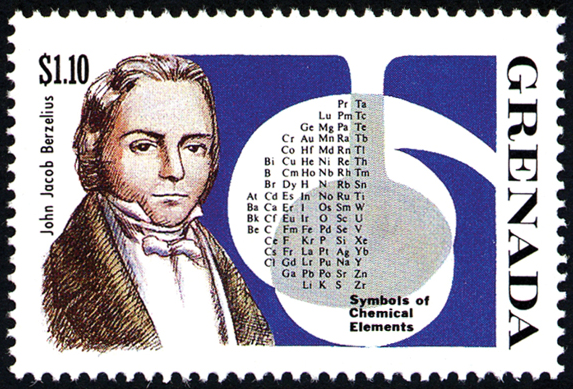
The term "organic chemistry" was introduced in 1807 by Jöns Jacob Berzelius, to study compounds derived from natural resources. It was believed that compounds related to life possessed a "vital force" that made them different from inorganic compounds, in addition to being he considered impossible the preparation in the laboratory of an organic compound, which had been achieved with inorganic compounds.
In 1823, Friedrich Wöhler completed his medical studies in Germany and traveled to Stockholm to work under the supervision of Berzelius.  Urea In 1928, Wöhler observed when evaporating a solution of ammonium cyanate, the formation of large colorless crystals, which did not belong to ammonium cyanate.
Urea In 1928, Wöhler observed when evaporating a solution of ammonium cyanate, the formation of large colorless crystals, which did not belong to ammonium cyanate.
The analysis of the same determined that it was urea. The transformation observed by Wöhler converts an inorganic compound, ammonium cyanate, into an organic compound, urea, isolated from the urine of animals.
This experiment was experimental confirmation that organic compounds can also be synthesized in the laboratory.